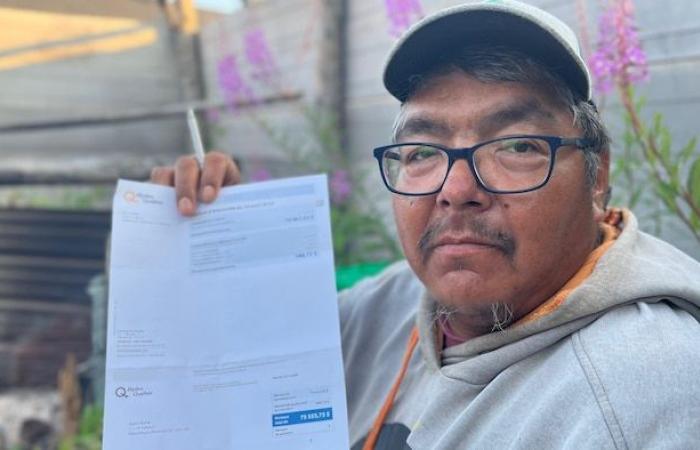Hydro-Québec announces the appointment of former chief judge of the Superior Court François Rolland to try to resolve its puzzle of numerous unpaid bills in certain Indigenous communities. The state corporation wishes to calm its relations with the First Nations, without creating inequity with the rest of the clients.
In a press release released Monday, Hydro-Québec explains that François Rolland will have to study the practices for collecting these unpaid bills and recommend the approach to follow in this matter.
A - investigation revealed, in September, that the unpaid amounts by members of certain Indigenous communities total more than $250 million and that this situation has been creating unease for years within the state corporation, who does not dare to ask for the money.
The description of the mandate given reflects the complexity of the task awaiting him:
- Consider the history of Hydro-Québec’s collection practices in First Nations and Inuit communities in Quebec;
- Situate the issue of non-payment of bills in the broader context of economic reconciliation and energy transition;
- Ensure fairness between all customers.
Open in full screen mode
In the summer of 2024, Alexis Malec, of Nutashkuan, showed us his unpaid Hydro-Québec bill, totaling more than $75,000.
Photo : - / Thomas Gerbet
Around fifteen First Nations communities, out of a total of 41, are in payment delays.
Increase in unpaid amounts between 2016 and 2023
- Total in Innu communities: + 89%
- Total in Mi’kmaw communities: +63%
- Total in Cree communities: + 47%
As part of the - investigation, several chiefs expressed the wish that electricity be free for their members, since the hydroelectric or wind resource comes from their traditional territory.
In its 2035 Action Plan, to produce more electricity, Hydro-Québec began an “economic reconciliation” process with the First Nations and the Inuit.
We have of course heard the concerns expressed on this complex issue. Our concern is to respond to them with all the sensitivity, rigor and discernment that this requires.
“Honored” to have been entrusted with this mandate, François Rolland declared: I hope that this facilitation and recommendation exercise will allow the parties to chart a new constructive path in the common interest.
Who is François Rolland?
Former chief judge at the Superior Court of Quebec from 2004 to 2015, he is now a legal counsel, mediator and arbitrator within the litigation group at Langlois Avocats in Montreal.
Mr. Rolland has chaired numerous amicable settlement conferences, in civil, family and commercial matters.
From 2017 to 2023, he was chairman of the board of directors of Éducaloi.
The facilitator will be advised by Ghislain Picard
François Rolland will be advised by Geneviève Motard, professor of constitutional law and the rights of indigenous peoples at the Faculty of Law of Laval University, as well as by Ghislain Picard, chief of the Assembly of First Nations Quebec-Labrador (APNQL).
The presence of Ghislain Picard is significant, since theAPNQL publicly spoke out, in a brief, this year, so that members of indigenous communities can benefit tax measures and rates adapted to their realities, their needs and their rights
.
At the conclusion of the review, the facilitator’s recommendations will be made public.






